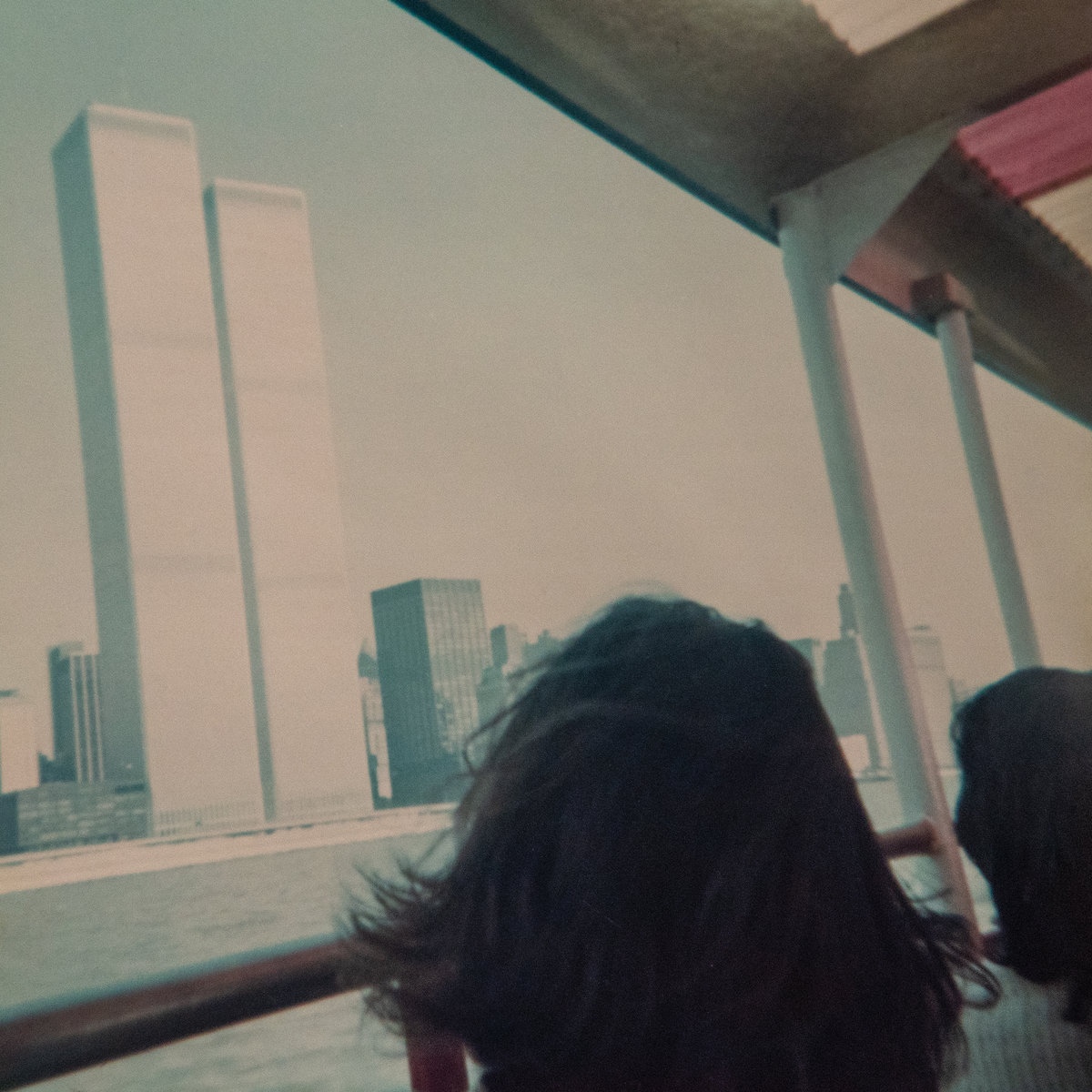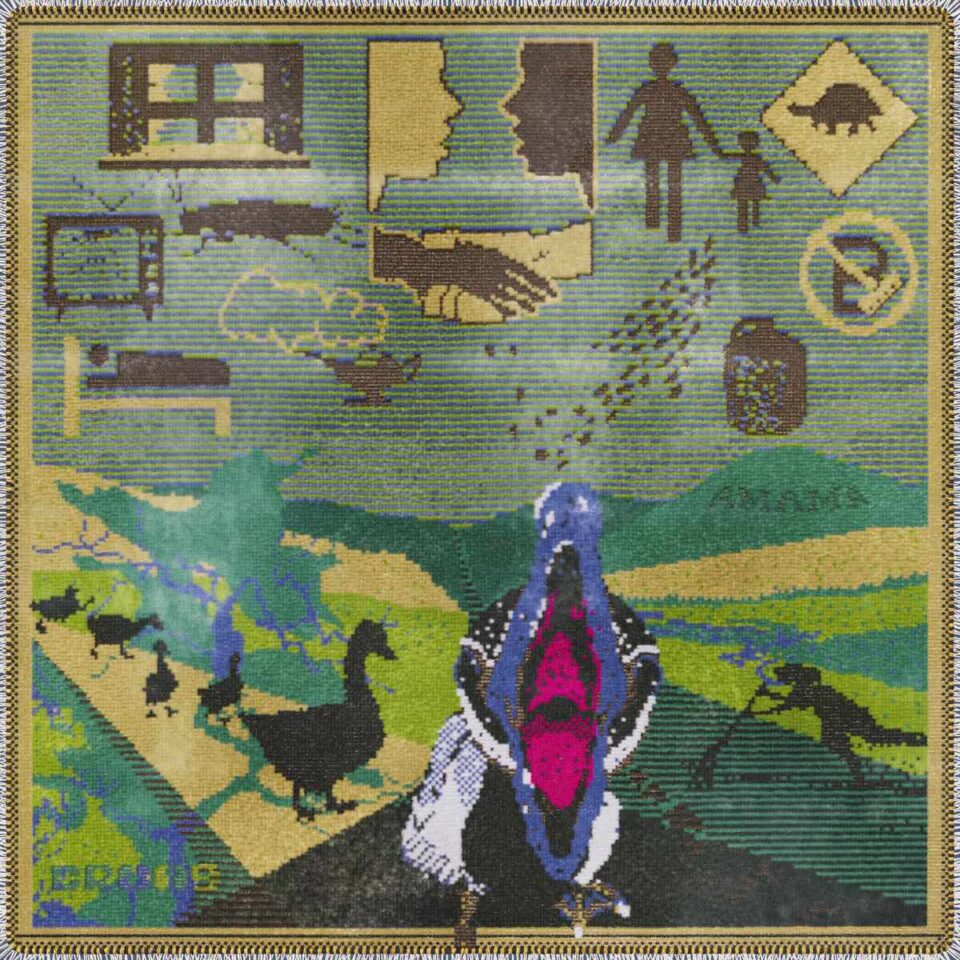Damien Jurado
Reggae Film Star
MARAQOPA
ABOVE THE CURRENT
For over a quarter of a century now, Seattle-based songwriter Damien Jurado has been crafting songs of quiet desolation. With a dark, melancholy, hushed magic, he’s been reaching into his soul to depict the emotional and mental frailties of humanity, on both a macro, universal level and a micro, personal one. And so it’s a huge surprise that this 18th studio album has a title that seems completely anathema to the body of work he’s built up to this point in time. Until you hear the music, that is.
Because Reggae Film Star is a haunted concept album that brings to life the tired hearts, souls, and minds of the characters within it—sad actors, camera men, and other people involved in a movie that these sumptuous and tender songs make feel like was being made in a distant, perhaps parallel, past. As such, disparate stories, thoughts, and personalities intertwine where they otherwise wouldn’t—their memories and traumas brought together by a fake setting in a fictional narrative.
Of course, there are several layers of postmodern irony at play here. After all, those characters themselves are made-up products of Jurado’s mind. And yet, through his beautiful vocal delivery, the rich production of these songs, and the precise, evocative imagery of his lyrics, they feel more than real. Take, for example, the exquisite, Nick Drake–esque opener “Roger,” a lilting, poignant song about the ability of music to soundtrack life from the periphery, all while the song is crafting its own life. It’s less that it infiltrates than becomes. Suddenly, you exist inside that song, and then only within that song. You become not just the pain and sadness contained with Jurado’s voice, but you inhabit the characters he’s possessing, too. On the ’70s vibes of “Taped in Front of a Live Studio Audience,” when he sings “Have we decided who’s picking the kids up after school?”—a question posed by one of that song’s characters—you’re drawn immediately into that world.
“Meeting Eddie Smith,” “What Happened to the Class of ’65?,” and “Ready For My Close Up” are just as affecting—like ghosts of a past you never knew—but it’s the nostalgic minor-chord jangle of “Whatever Happened to Paul Sand?” that’s the overwhelming triumph here, weaving universal and personal trauma into a song that uses Sand—a real actor, now 90—as a symbol for the dissolution of a relationship. It’s a (relatively) upbeat tune, but beneath it lies a devastating exegesis of lost love: “I recall a table, her cigarette held out the window / Blowing ashes on our clothes / I lost feeling in my hands / ‘Don’t forget I want my records back.’” It’s Jurado at his cruelly cutting best, even if he’s singing as somebody else. A marvelous, majestic collection of songs.









